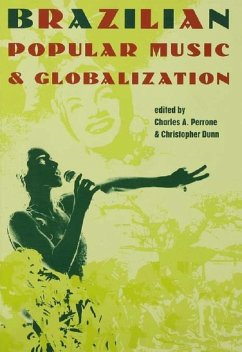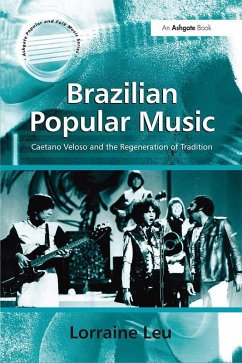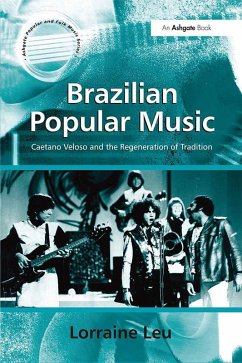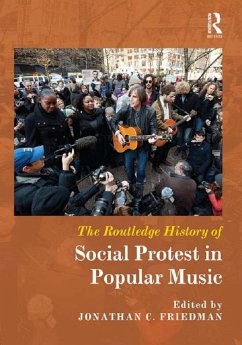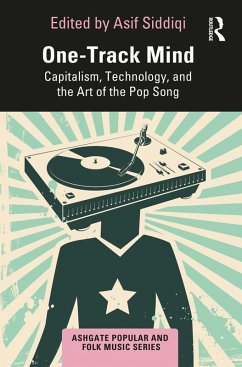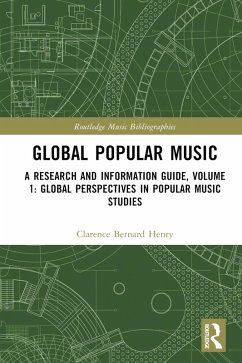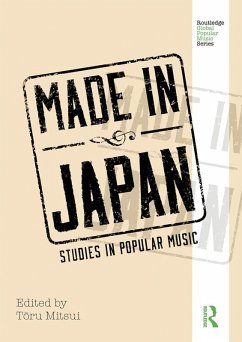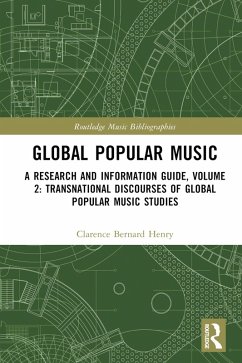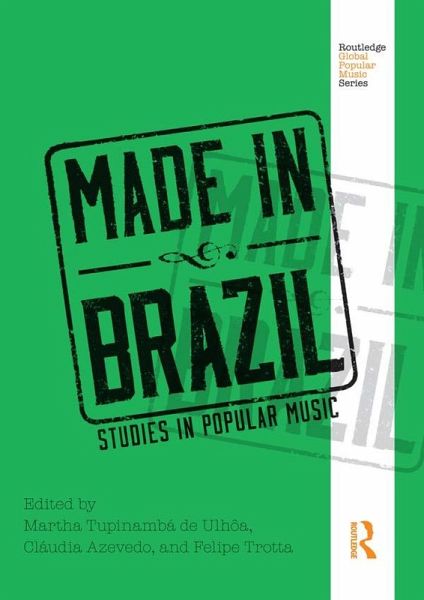
Made in Brazil (eBook, ePUB)
Studies in Popular Music
Redaktion: Tupinamba De Ulhoa, Martha; Trotta, Felipe; Azevedo, Cláudia
Versandkostenfrei!
Sofort per Download lieferbar
42,95 €
inkl. MwSt.
Weitere Ausgaben:

PAYBACK Punkte
21 °P sammeln!
Made in Brazil: Studies in Popular Music serves as a comprehensive and thorough introduction to the history, sociology, and musicology of twentieth-century Brazilian popular music. The volume consists of essays by scholars of Brazilian music, and covers the major figures, styles, and social contexts of pop music in Brazil. Each essay provides adequate context so readers understand why the figure or genre under discussion is of lasting significance to Brazilian popular music. The book first presents a general description of the history and background of popular music in Brazil, followed by essa...
Made in Brazil: Studies in Popular Music serves as a comprehensive and thorough introduction to the history, sociology, and musicology of twentieth-century Brazilian popular music. The volume consists of essays by scholars of Brazilian music, and covers the major figures, styles, and social contexts of pop music in Brazil. Each essay provides adequate context so readers understand why the figure or genre under discussion is of lasting significance to Brazilian popular music. The book first presents a general description of the history and background of popular music in Brazil, followed by essays that are organized into thematic sections: Samba and Choro; History, Memory, and Representations; Scenes and Artists; and Music, Market and New Media.
Dieser Download kann aus rechtlichen Gründen nur mit Rechnungsadresse in A, B, BG, CY, CZ, D, DK, EW, E, FIN, F, GR, HR, H, IRL, I, LT, L, LR, M, NL, PL, P, R, S, SLO, SK ausgeliefert werden.





